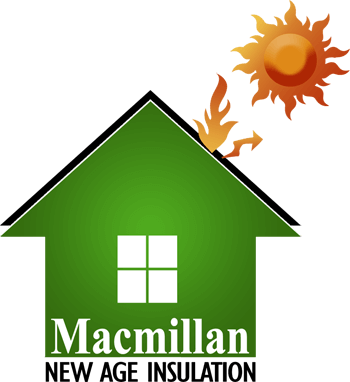FAQ
- Home
- FAQ
Frequently Asked Questions
Heat insulation sheets are crucial in construction and industrial settings for several reasons:
- Temperature Regulation: They provide a barrier against extreme temperatures, maintaining a stable and comfortable indoor environment.
- Energy Efficiency: By reducing the need for heating and cooling systems, they lower energy consumption and utility costs.
- Equipment Protection: In industrial settings, they prevent machinery from overheating, enhancing operational efficiency and extending equipment life.
- Environmental Impact: By decreasing energy usage, they contribute to reduced carbon emissions and a smaller ecological footprint. Overall, they support energy efficiency, cost-effectiveness, and sustainability in building and manufacturing processes.
Common materials used in thermal insulation sheets include:
- Fiberglass: Offers excellent thermal resistance.
- Foam Boards: Known for flexibility and versatility.
- Reflective Foils: Reflect radiant heat, maintaining consistent temperatures.
- Natural Fibers: Eco-friendly and sustainable options. Each material has unique properties affecting conductivity, durability, and environmental impact, allowing manufacturers to tailor sheets for optimal performance across different applications.
When selecting a heat insulation sheet manufacturer, look for the following certifications and standards:
- ISO 9001: Quality management.
- ISO 14001: Environmental performance.
- Industry-Specific Certifications: Ensure compliance with safety and durability standards. These certifications indicate that the manufacturer meets stringent quality control measures, offering reliable and effective insulation solutions.
To choose the right insulation sheet, consider:
- Climate: Thicker sheets for colder climates, thinner for milder climates.
- Application: Residential, commercial, or industrial use.
- R-Value: Higher values indicate better thermal resistance.
- Local Building Codes: Ensure compliance with regulations. Consult with a professional to ensure compatibility with your specific requirements and achieve optimal insulation performance.
For optimal performance, consider:
- Surface Preparation: Ensure the surface is clean and debris-free.
- Adhesion: Use appropriate adhesives or fasteners.
- Sealing: Properly seal seams and joints to prevent thermal leaks.
- Ventilation: Ensure adequate ventilation. Following these guidelines and consulting our detailed installation instructions, or seeking professional assistance, will ensure a successful installation with enhanced thermal efficiency.
Certainly, we offer custom solutions tailored to meet unique project requirements. Whether you need non-standard sizes, specific materials, or unique configurations, our experienced team is ready to collaborate with you. We aim to ensure our heat insulation sheets integrate seamlessly into your project, delivering optimal performance and efficiency. Contact us and we will give you a free phone consultation.




Say in touch
Follow us to receive our latest offers and news
© 2024 macmillaninsulations.in, All Rights Reserved

